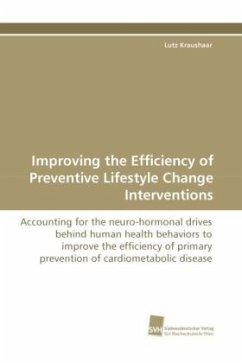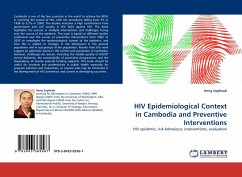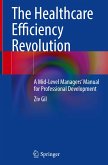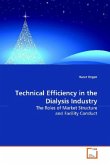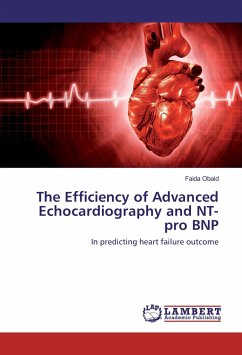The paradox of behaving in a self-harming way, while being fully cognizant of the feared consequences, is the hallmark of addiction. At its core are neurohormonal mechanisms, which resist volitional attempts at behaving contrary to what these mechanisms impel the organism to do. The high attrition rates and nearly complete decay of adherence observed in lifestyle change interventions suggest that health behaviors are the result of autonomous drives, which frustrate volitional interference. The implication for research is to abandon the untenable precept of health behaviors being controlled exclusively by reason. This work is an attempt at formulating a model with which to explain the behavioral paradox, and from which to develop and test strategies for more efficient lifestyle change interventions. It presents the results of a study which tested the engagement of cognitive feedback control mimicking the efficiency of the homeostatic feedback loop as the autonomous effector of human feeding and physical activity behaviors. These results suggest that the efficiency of lifestyle change interventions can be dramatically improved.
Bitte wählen Sie Ihr Anliegen aus.
Rechnungen
Retourenschein anfordern
Bestellstatus
Storno

